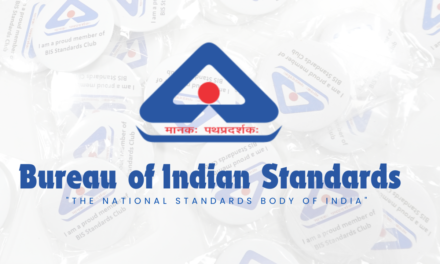Using white towels, Indian civil servants start a cultural conflict
In recent discussions, the practice of draping white towels over chairs in Indian government offices has sparked debates among civil servants and elected officials. Traditionally, this custom has been a symbol of authority, with the white towel indicating the seniority of the individual occupying the chair. However, this practice has led to tensions, particularly in Uttar Pradesh, where elected representatives have expressed concerns over the perceived hierarchy it creates. Legislators have pointed out that officers often sit on chairs adorned with white towels, while they themselves are provided with ordinary chairs, leading to feelings of disrespect and insubordination.
In response to these concerns, the Uttar Pradesh government has issued directives to ensure that elected officials are provided with chairs of equal stature and decor, adorned with white towels, during meetings. This move aims to address the perceived power imbalance and promote a more egalitarian environment in official settings.
The white towel, once a simple necessity due to India’s tropical climate, has evolved into a symbol of power and status within the bureaucratic and political spheres. Its presence on a chair has come to signify the authority of the individual occupying it, leading to discussions about hierarchy and respect in governmental settings.
This ongoing debate highlights the complex interplay between tradition, symbolism, and the evolving dynamics of power within India’s political landscape.








